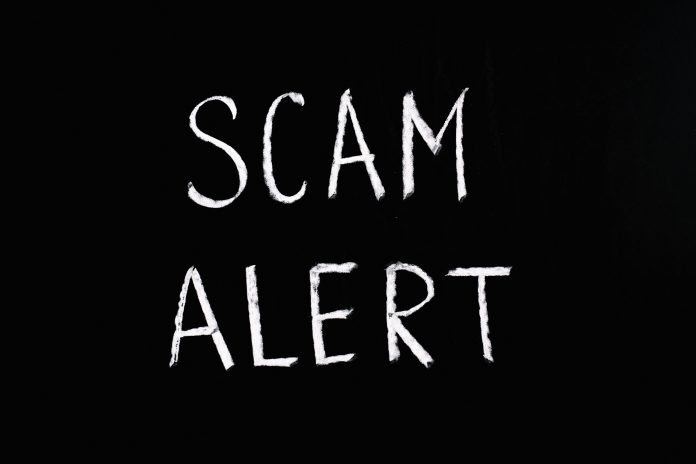The Pennsylvania Department of Banking and Securities and Pennsylvania Department of Education are warning of a surge in student loan forgiveness scams.
The COVID -19 pandemic has caused financial struggles for many borrowers who are seeking relief. If a student or borrower receives an email, letter or call about student loan debt forgiveness, they should pause before sending or confirming any personal information.
“With the continuing pandemic, many consumers have been in search of financial relief,” said Secretary of Banking and Securities Richard Vague. “Like other scams, these perpetrators prey upon the hope and vulnerability of people, creating an ideal scenario to take advantage of them.”
The recent pandemic-related pause in student loan payments, the public calls for broad-based student loan forgiveness, and various executive actions and benefits concerning loan balances are causing an uptick in scams from individuals and companies who are taking advantage of the confusion surrounding the changing landscape.
“Many students and families across Pennsylvania borrow funds to help finance postsecondary education, resulting in debt that may take years to pay off,” said Secretary of Education Dr. Noe Ortega. “It’s important for borrowers who are seeking student loan debt relief to be aware of the associated scams and avoid them at all costs.”
Borrowers should take the following actions to help safeguard against these types of scams:
– Be skeptical: Scammers often obtain student loan information illegally. Just because someone has information about your loans doesn’t mean they are to be trusted.
– Research the company: Check the validity of the company contacting you as many “companies” run by scammers do not actually exist.
– Do your due diligence: Check what program is being offered to you. Some scams offer to enroll you in programs like the “CARES Act loan forgiveness” or the “Biden forgiveness program,” neither of which exist.
– Verify that email address: Ensure that emails being sent to you about your student loans are from a dot-gov (.gov) email address.
– Be aware of what legitimate programs will and won’t ask you: Proceed with caution before sharing any of your sensitive or financial information like a Social Security Number or credit and bank information. If in doubt, hang up and call your servicer directly.
– Pause before taking action: Confirm any correspondence or calls with your servicer before taking any action.
If you suspect you’ve already been scammed, you should:
– Close accounts/stop payment: If you shared your bank account or credit card information with a scammer, contact your bank or credit card company immediately to close your accounts or stop payments.
– Alert your servicer: If you suspect you’ve been the victim of a student loan forgiveness scam, call your servicer so that they can monitor your account.
– Monitor your credit report: Check for suspicious activity. Scammers don’t always use your information right away. It can be weeks, months or even years before your information is used for fraudulent activity. You might also consider freezing your credit in an abundance of caution.
– Report the scam: You can report a student loan forgiveness scam to the Federal Trade Commission or Pennsylvania Attorney General
Student loan forgiveness is not the only financial COVID-19-related scam. Consumers should be cautious and never share financial or other sensitive information with anyone contacting them unsolicited.
Anyone can contact DoBS at 1-800-PA-BANKS or 1-800-722-2657 to ask questions or file complaints about financial transactions, companies or products.


